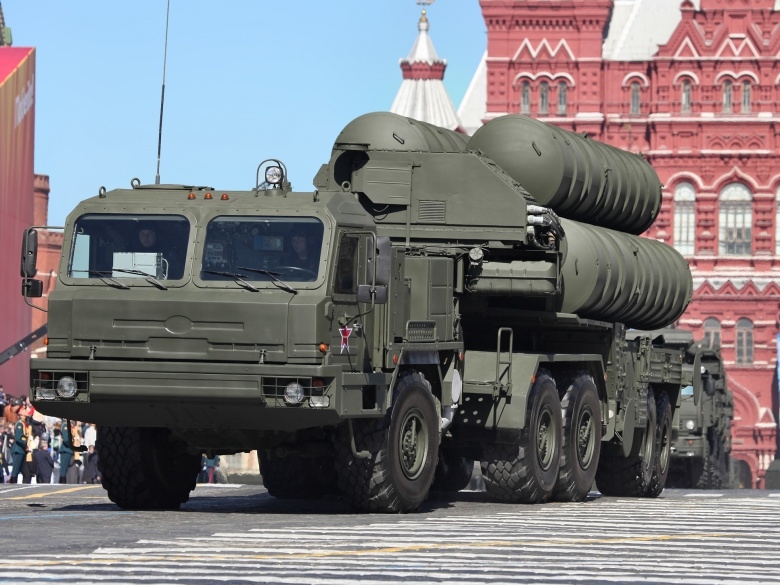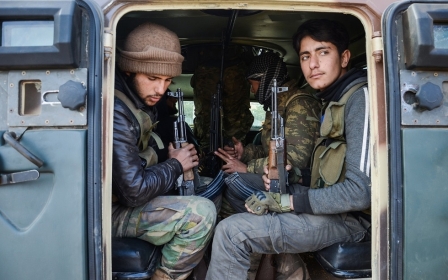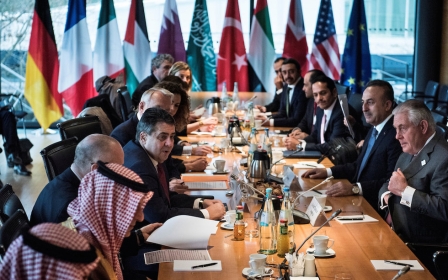Turkey pushes 'urgent' deal to buy Russian missile system

ISTANBUL, Turkey – Turkey has made considerable progress in talks to buy advanced Russian anti-aircraft missiles, Turkey's defence minister said on Wednesday, in a historic move that could potentially cause serious concern within Nato.
"Talks have been held with various countries to meet our urgent needs. Russia's S-400 missiles appear to be the closest [most attainable]. Progress has been made in talks," Fikri Isik told private Turkish broadcaster NTV.
Isik said Turkey, a NATO member, is protected by the alliance's mobile Patriot missile batteries, but insisted that the country needed systems permanently based in Turkey to protect against aerial attacks.
"What we are focused on is to develop our own indigenous air defence systems. We have launched a programme. But until we reach that point we have spoken to various countries and various companies," said Isik.
"The Russian S-400 looks the closest at this moment. But we are not at the stage where we can say that we will sign off on it tomorrow."
Isik went to say that he was of the belief that neither the United States nor NATO would be upset with such a deal.
"I believe they will be understanding of this. Some NATO countries also have non-NATO systems," he said.
Any such deal with Russia would mark a momentous moment in Turkish-Russian relations, but also consternation in NATO.
Turkey and Russia signed a military technical cooperation agreement after the collapse of the Soviet Union, which included the possibility of weapons sales.
Russia first participated in a Turkish military tender for attack helicopters in 1995, but failed with its joint Israeli bid.
To date Turkey has only bought minor weaponry such as rocket propelled grenades from Russia.
Turkey looks to Russia, China
Talks on the S-400 missiles date to an agreement reached after Turkey and Russia announced closer ties in the aftermath of a failed coup in Ankara.
These were agreed against a backdrop of the shooting down of a Russian planes by Turkish jets near the Syrian border in November 2015.
The Ankara-Moscow rapprochement has resulted in visible cooperation, particularly in Syria and the evacuation of Aleppo.
Turkey had fallen foul of its NATO partners in the past over seeking to secure missile systems from non-NATO states.
In 2013 Ankara announced that it had secured a deal worth $3.4bn with China for its HQ-9 system.
After years of acrimony and arguments with its NATO allies, Turkey announced in November 2015 that the deal had been scrapped.
NATO argues that such systems are incompatible with NATO infrastructure and also allow these non-NATO states to spy on the alliance's operational process.
Turkey in turn has argued that it wants price-competitive deals, which also allow the transfer of technology and include local production.
Western weapons firms have been reluctant to offer such terms.
New MEE newsletter: Jerusalem Dispatch
Sign up to get the latest insights and analysis on Israel-Palestine, alongside Turkey Unpacked and other MEE newsletters
Middle East Eye delivers independent and unrivalled coverage and analysis of the Middle East, North Africa and beyond. To learn more about republishing this content and the associated fees, please fill out this form. More about MEE can be found here.




